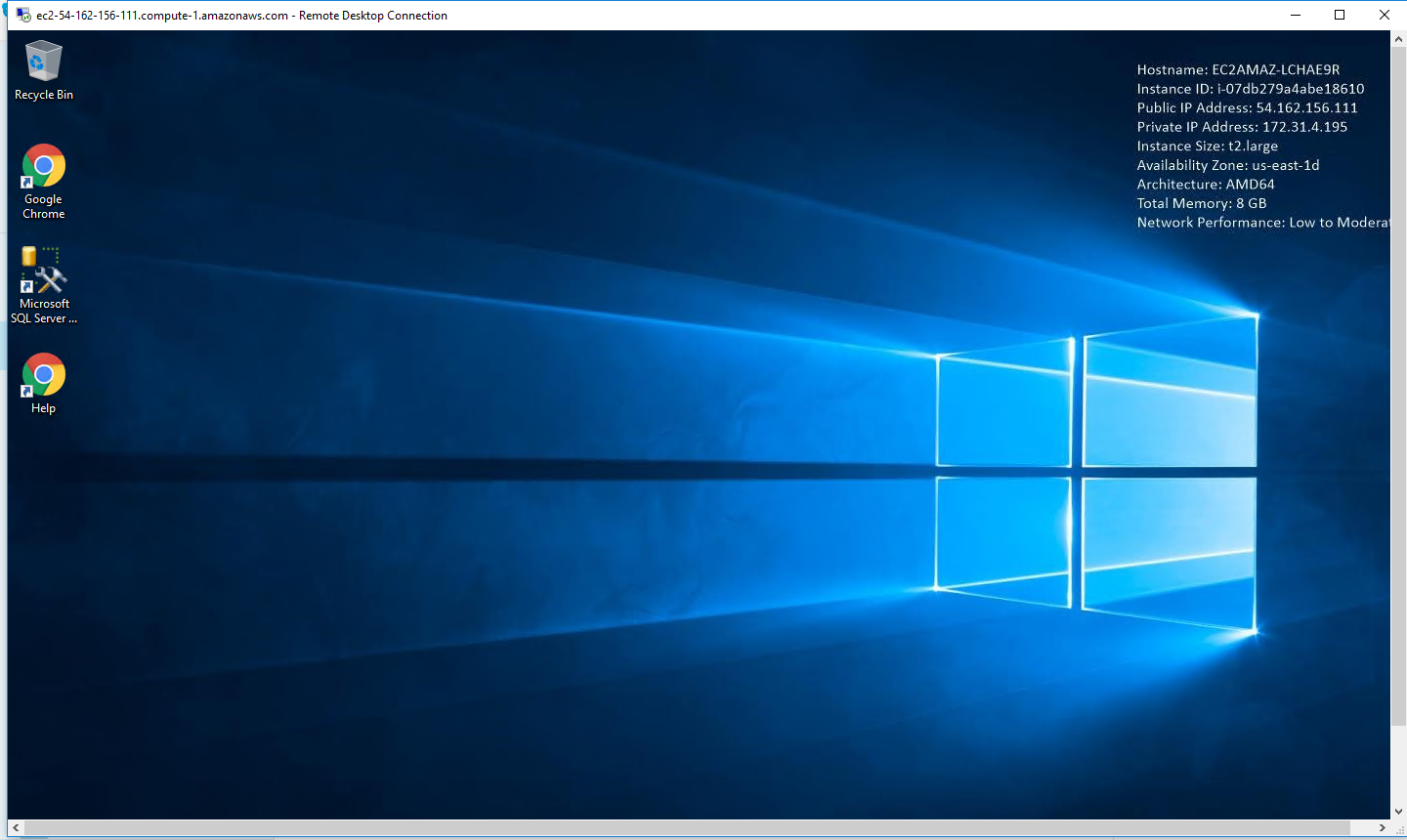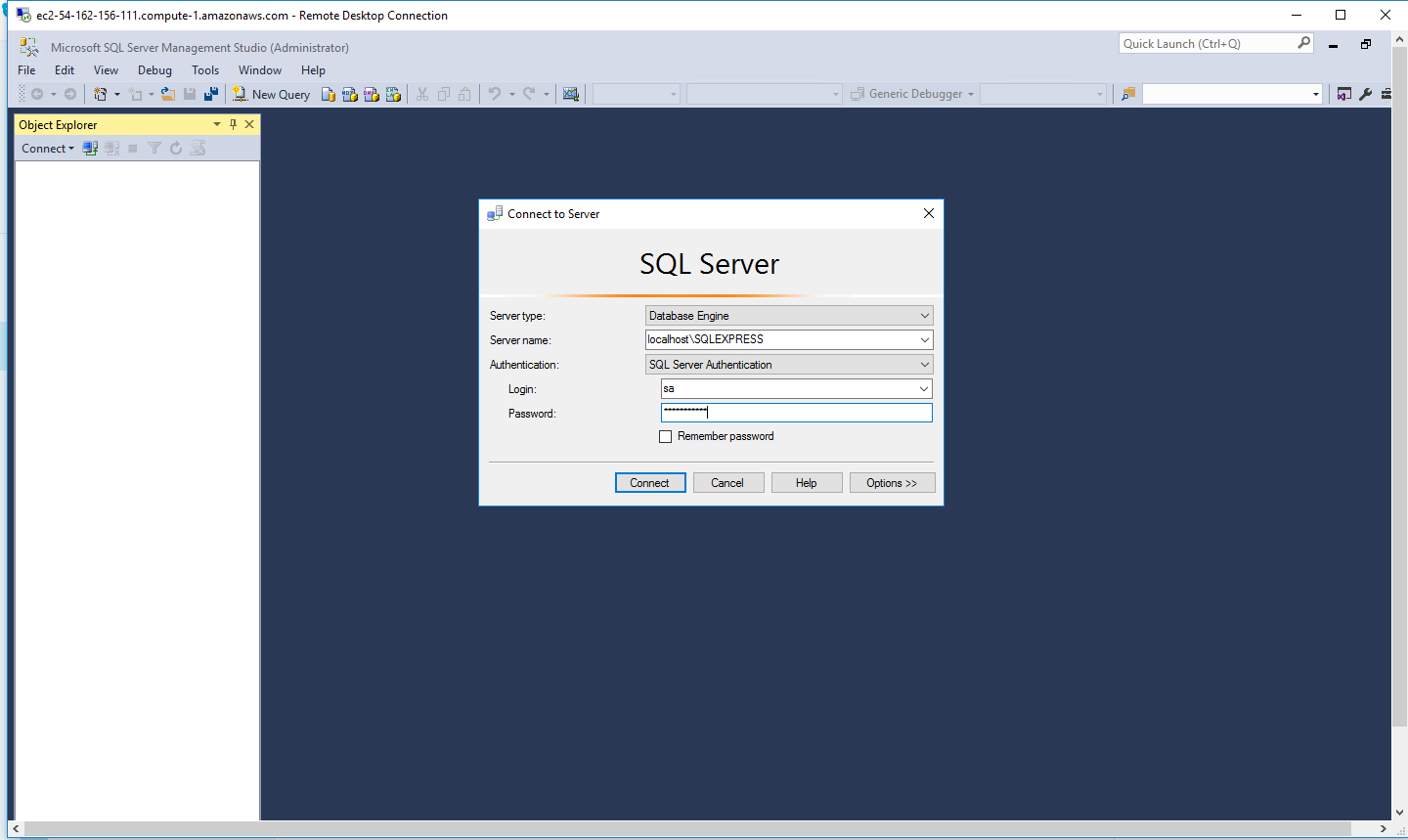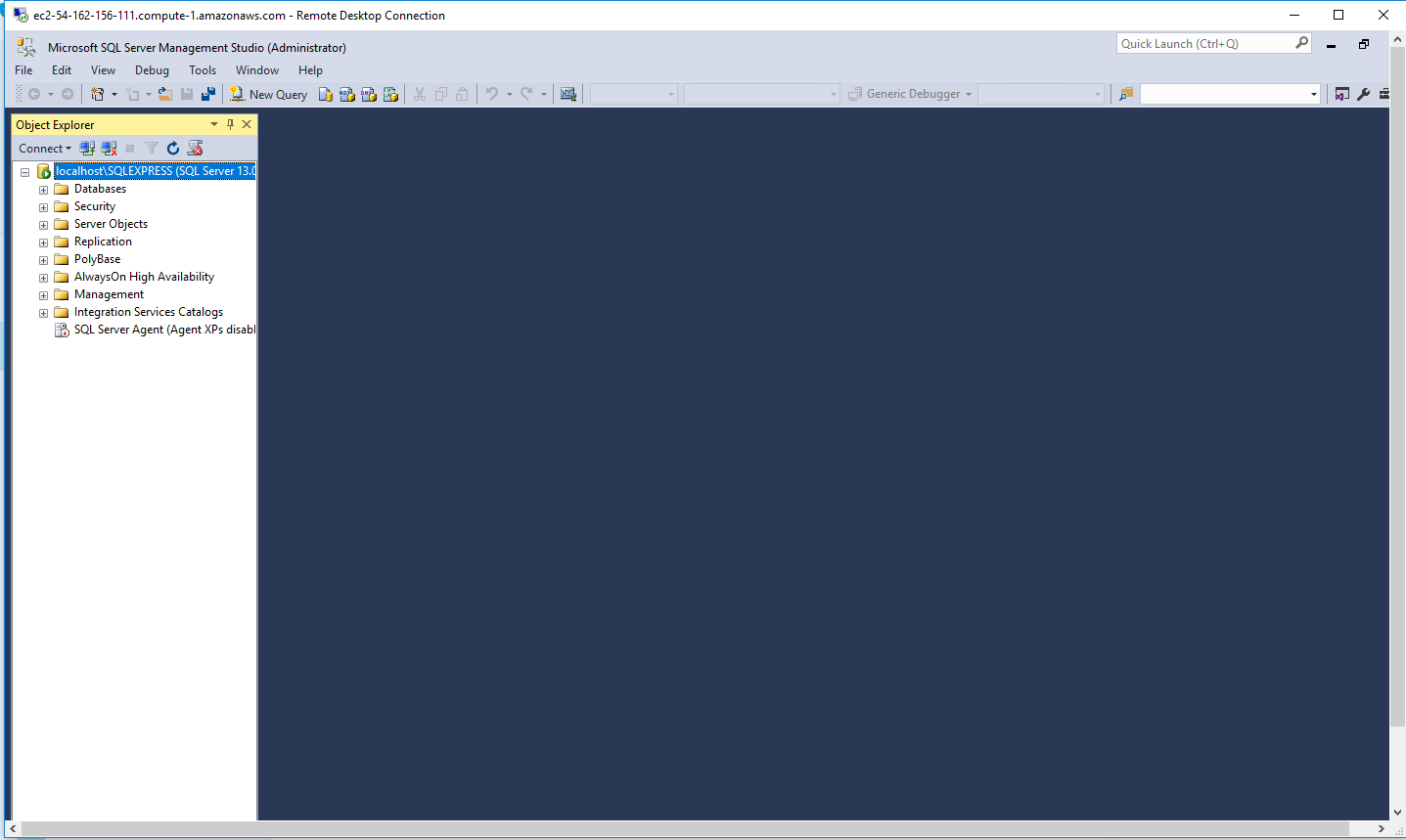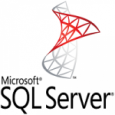
AWS Deployment Azure Deployment
Summary
SQL Server Enterprise 2014 delivers mission-critical performance across all workloads with in-memory technologies built in, faster insights from any data with familiar tools like Excel, and a platform for hybrid cloud that enables organizations to easily build, deploy, and manage solutions that span on-premises and cloud.
Enterprise Edition 2014 delivers enterprise-class mission-critical and tier-1 database . With in-memory technologies built in across workloads, it accelerates performance for transaction processing, data warehousing, and business intelligence. Enterprise Edition is available through core-based licensing.
CloudMint Provides Enterprise Ready images of SQL Server Enterprise 2014 on the cloud ( AWS marketplace, Azure and Google Cloud Platform).
Deploy SQL Server 2014 Enterprise securely on cloud i.e. AWS marketplace, Azure and Google Cloud Platform (GCP)
Highlights
Major Features of SQL Server Enterprise 2014
1. In-Memory OLTP Engine
2. Buffer Pool Extension
3. Security
4. SQL Server Data Tools for Business Intelligence
5. Management Tools
6. RDBMS Manageability
7. Programmability
8. Power View for Multidimensional Models
AWS
Installation Instructions For Windows
Step 1) RDP Connection: To connect to the deployed instance, Please follow Instructions to Connect to Windows instance on AWS Cloud
1) Connect to the virtual machine using following RDP credentials:
- Hostname: PublicDNS / IP of machine
- Port : 3389
Username: To connect to the operating system, use RDP and the username is Administrator.
Password: Please Click here to know how to get password
Step 2) SQL Connection: To Connect Microsoft SQL Server Management Studio in Windows server, Please follow Instructions to Connect Microsoft SQL Server Management Studio
Step 3) Database Credentials: You can Login by below SQL Database credentials
SQL UserName :sa || Password :TChangeh&33plz7@L
Note: You can reset ‘sa’ password by using windows authentication to connect to local SQL instance. Please use localhost in the server name when connecting from inside the RDC.
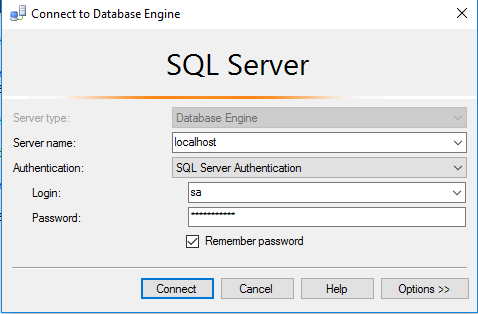
Note: Please change the password after the first login.
Step 4) Other Information:
1.Default ports:
- Windows Machines: RDP Port – 3389
- Http: 80
- Https: 443
- SQL Server Port: 1433 this is by default not allowed on the firewall for security.
Configure custom inbound and outbound rules using this link
Installation Step by Step Screenshots
Installation Instructions For Windows
Step 1) VM Creation:
- Click the Launch on Compute Engine button to choose the hardware and network settings.
- You can see at this page, an overview of CloudMint Image as well as estimated cost of running the instance.
- In the settings page, you can choose the number of CPUs and amount of RAM, the disk size and type etc.
Step 2) RDP Connection: To connect to the deployed instance, Please follow Instructions to Connect to Windows instance on Google Cloud
Step 3) SQL Connection: To Connect Microsoft SQL Server Management Studio in windows server, Please follow Instructions to Connect Microsoft SQL Server Management Studio
Step 4) Database Credentials:
You can Login by below SQL Database credentials
SQL UserName : sa
i) Please connect to Remote Desktop as given in step 2
ii) You can use SQL server instance as localhost. The SQL Server instance name to be used is “localhost” Connect to SQL Management Studio with username as sa and password provided in Custom Metadata.
If you have closed the deployment page you can also get the sa password from VM Details “Custom metadata” Section.
Step 5) Other Information:
1.Default ports:
- Windows Machines: RDP Port – 3389
- sql server port :1433: By default, this is blocked on Public interface for security reasons.
Videos

